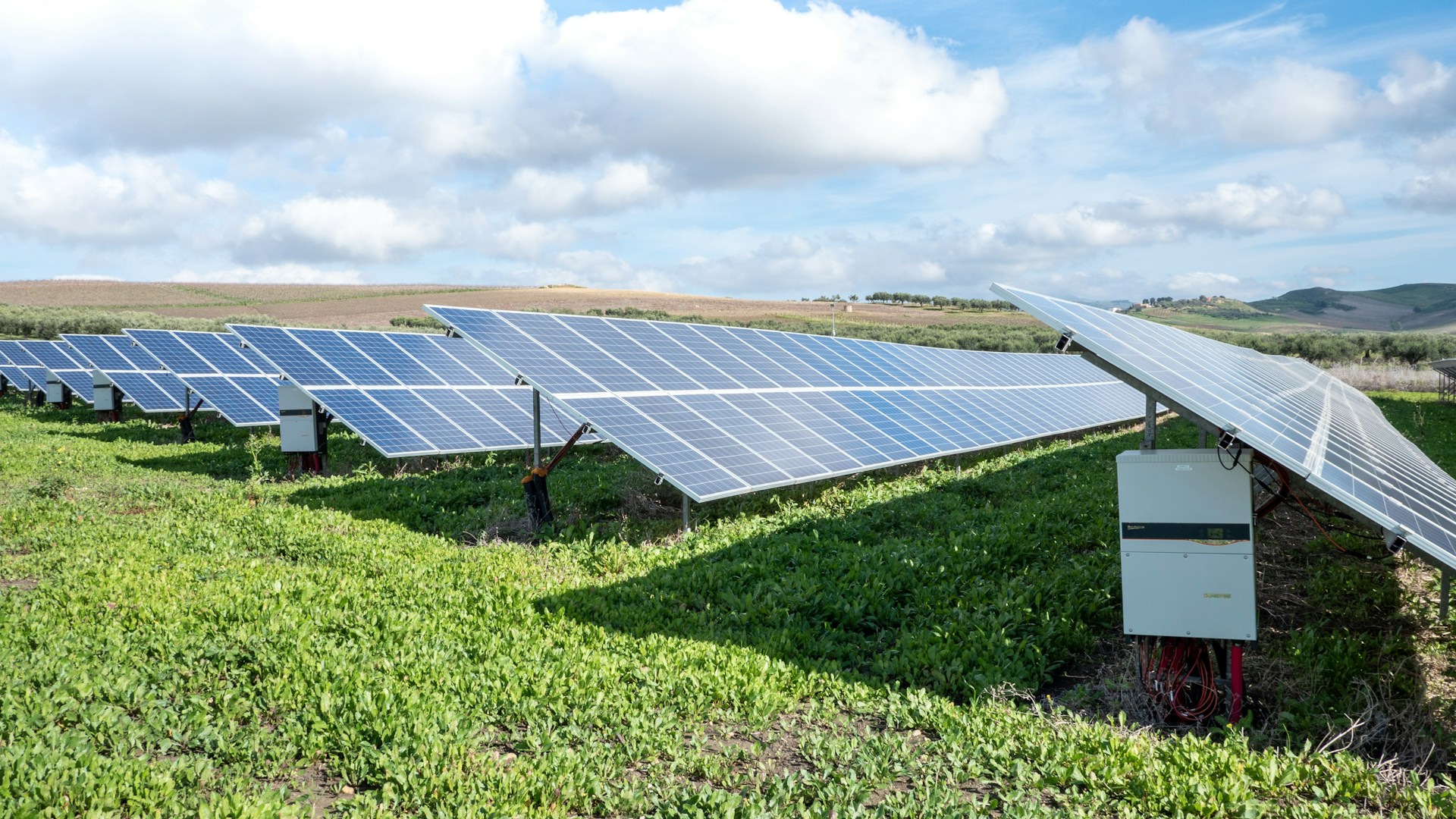
Home Energy Tax Credits
Home Energy Tax Credits
INDIVIDUAL TAX
IRS.gov
12/14/20231 분 읽기
Home energy tax credits
If you make energy improvements to your home, tax credits are available for a portion of qualifying expenses. The credit amounts and types of qualifying expenses were expanded by the Inflation Reduction Act of 2022.
We'll help you compare the credits and decide whether they apply to expenses you've already paid or will apply to improvements you're planning for the future.
Who can claim the credits
You can claim either the Energy Efficient Home Improvement Credit or the Residential Energy Clean Property Credit for the year when you make qualifying improvements.
Homeowners who improve their primary residence will find the most opportunities to claim a credit for qualifying expenses. Renters may also be able to claim credits, as well as owners of second homes used as residences.
The credits are never available for improvements made to homes that you don't use as a residence.
Energy Efficient Home Improvement Credit
These expenses may qualify if they meet requirements detailed on energy.gov:
Exterior doors, windows, skylights and insulation materials
Central air conditioners, water heaters, furnaces, boilers and heat pumps
Biomass stoves and boilers
Home energy audits
The amount of the credit you can take is a percentage of the total improvement expenses in the year of installation:
2022: 30%, up to a lifetime maximum of $500
2023 through 2032: 30%, up to a maximum of $1,200 (heat pumps, biomass stoves and boilers have a separate annual credit limit of $2,000), no lifetime limit
Get details on the Energy Efficient Home Improvement Credit.
Residential Clean Energy Credit
These expenses may qualify if they meet requirements detailed on energy.gov:
Solar, wind and geothermal power generation
Solar water heaters
Fuel cells
Battery storage (beginning in 2023)
The amount of the credit you can take is a percentage of the total improvement expenses in the year of installation:
2022 to 2032: 30%, no annual maximum or lifetime limit
2033: 26%, no annual maximum or lifetime limit
2034: 22%, no annual maximum or lifetime limit
Get details on the Residential Clean Energy Credit.
©Zippy Tax and Tax resolution 2023
Zippy Tax and Tax Resolution
14120 ALONDRA BLVD SUITE E
SANTA FE SPRINGS, CA 90670
Tel: (562) 977 7553
Fax: (562) 366-3773
Email: terryk@zippy-ziggy.com
